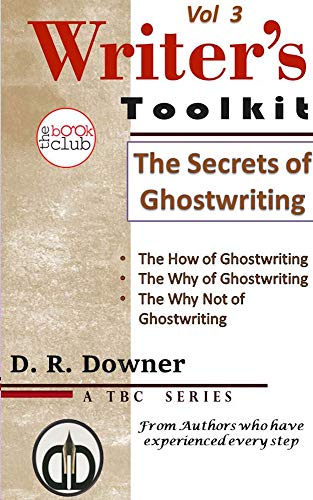Dears readers and authors,
In this series of '
Authors' Tips - A to Z of Writing', where eight of us –
Devika Fernando,
Preethi Venugopala,
Paromita Goswami,
Adite Banerjie,
Reet Singh,
Sudesna Ghosh,
Saiswaroopa Iyer and I – will post on various writing-related topics with the topic corresponding to the Alphabet of the Week. Complete list is at the end of this post.
Today under the Authors' Tips A to Z of writing series, week for alphabet F, I have chosen to write on Fantasy.
Every person, I’m sure, must have heard and enjoyed at least one fantasy tale in their childhood. The genre has its own special charm for the readers. The story world takes one into a world of imagination which is unheard of, and the characters which have their own unique characteristics. One can say the genre is easy to write because there are no rules which can’t be broken, but its as difficult to write because one has to dream up something which has never been written. Every element has to be such that it pulls in the reader into the fantasy world and their character.
Know the Genre
As is the case with any genre one should know what has been already been written and popular in the genre. Some of the oldest fantasy fiction written are ‘The Epic of Gilgamesh’, 'The Odyssey’ and ‘Beowulf', which dealt with the disappearance of civilizations, Gods, difficult quests and monsters. The more recent ones are The Lord of the Rings by J.R.R Tolkien, Harry Potter by J.K. Rowling, which need no introduction.
One should read the genres to get a hang of the elements and details already popular. That said the elements shouldn’t be aped and one has to apply their own creativity to wow the readers.
Defining the Fantasy
- The first step is to define a new world which can spur on the reader’s imagination. One has to be careful not to repeat the already popular elements but put in once own creativity to come up with a new civilization, culture and universe.
- The next step is to chalk out the characters who are going to inhabit the world. As is the case with any novel this one needs emotional as well as physical characteristics and conflicts. The conflicts can be internal as well as external, which compulsively pulls in the readers into the story.
- The last, but not the least is the quest or mission which the characters have to deal in their world. It could be defending the world from an evil force, or getting a unique power to further a natural threat to the world, or fighting for justice or one’s own life.
While the story and characters need to be consistent, the conflicts vary over the various series.
Points To Remember
- Do not imitate the famous tropes without putting your stamp on the fantasy, it is after all your story. While retaining a few universal characteristics, add your own elements, e.g. if there is a wizard, it’s okay if they have a wand, but it need not be that they are like humans, they can be dwarves or some other species as well.
- Add your own magic and inventions to the characters, story, and places. Do not fail to use your new elements throughout the story.
- Do not mimic your favorite fantasy world or characters. This point cannot be emphasized enough. The moment it happens comparison starts and then you might lose your readers.
The important point to remember, as is with any genre, to avoid the familiar tropes.
Some of the well-known Fantasy Tropes
- Characters races or species - These include the dwarves, wizards, elves etc. When one of the character race is chosen, it’s important to change their mannerisms, motivations and conflicts to give a new twist to the tale.
- Hidden legacy - This a fairly common trope used. The author should have a real good reason for using this trope. The legacy shouldn’t be handed over easily, the character development has to be unique and well thought of.
- A simple boy gets superpower - There has to be a very compelling reason for the character to get the superpower. The power shouldn’t be handed over just like that, instead, the character has to earn it.
Having said all of the above do enjoy the journey and process of defining and writing your own fantasy!
__________________________________________________________________






